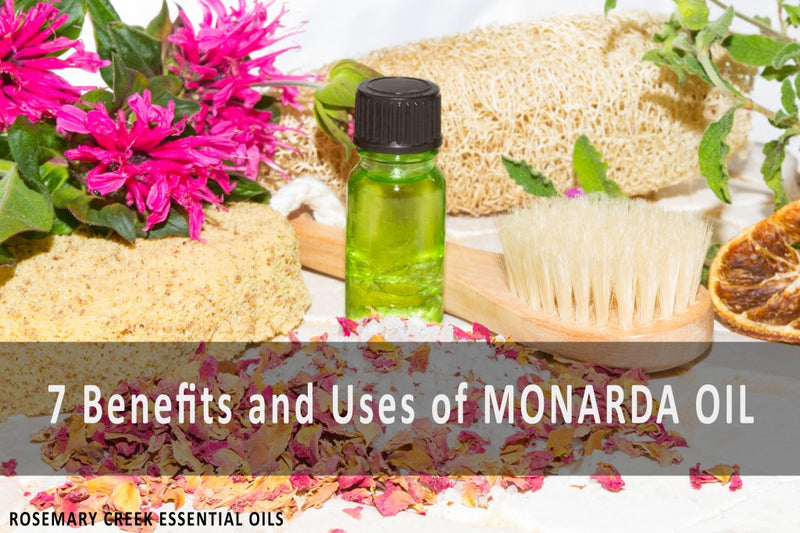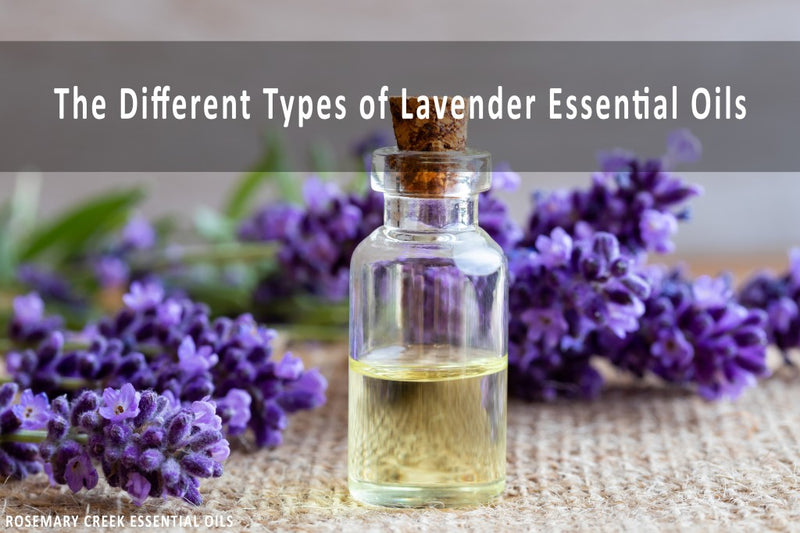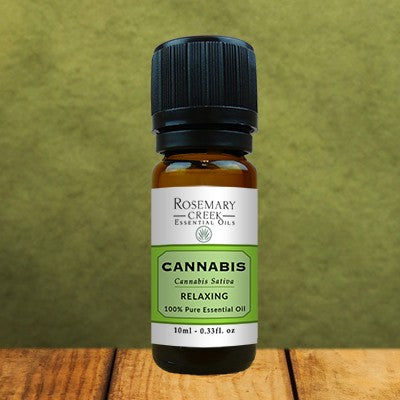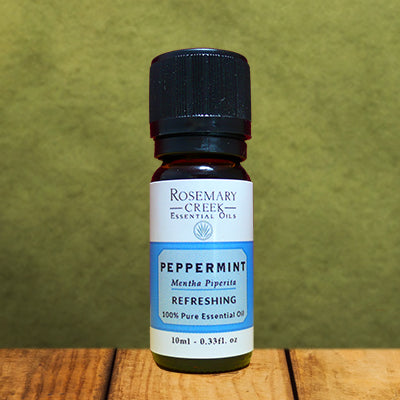Respiratory Benefits of Rosemary Essential Oil
Posted on September 07 2020,

Rosemary oil is one of the most loved essential oils of all time, having been used in eastern and western cultures alike for thousands of years. Originating in the Mediterranean region, rosemary is a popular household herb with rich culinary and medicinal traditions. In Ayurveda, the ancient holistic healing tradition that originated in India about 5,000 years ago, rosemary was extensively used for treating a range of common ailments, including headaches, cold, cough, flu, sinus congestions, bacterial and viral infections, and many other respiratory disorders. Furthermore, it was advised for daily use as preventive medicine for people who were vulnerable to sinus congestions, especially during spring and winter seasons. Used as preventive medicine, rosemary oil offers many benefits for our respiratory health; let’s dive deeper and have a thorough discussion.
Respiratory problems affect a large number of people from every age group. Our respiratory system can be divided into two parts: the upper tract consisting of the nose, nasal passage, paranasal sinuses, neck up till the vocal cords, and the lower respiratory tract consisting of bronchi and lungs. Symptoms of the upper respiratory tract infections include common cold, sinus blockages, sneezing, nasal congestion, headache, and sore throats. Coughing, bronchitis, shortness of breath, pneumonia are some of the symptoms of lower respiratory tract infection.
Infections of the upper respiratory tract differ from the ones of the lower tract in both cause and symptoms. While viral and bacterial infections can affect the whole respiratory system, infections in the upper tract are mostly because of two reasons: dry environment and excess mucus. Rosemary can help with both! The volatile compounds of rosemary essential oil can easily reach both upper and lower parts by inhalation. Though rosemary may not help the lower tract in case of serious lung disease, it can easily relieve a bacterial or viral infection.
How Rosemary Oil Works for The Respiratory System
Rosemary oil works in multiple ways to improve the health of our respiratory organs. Its expectorant activity helps to thin mucus and encourages its easy drainage to clear respiratory pathways. Its warming property soothes a sore throat and lubricates the tract to help in cases where the throat is irritated by excessive coughing. The warming potency of rosemary oil can also treat cold and thereby helps protect the sinuses from getting inflamed by the cold.
Its antibacterial, antiviral, antifungal activities fight infection-causing microbes, while its anti-inflammatory property can soothe inflammations of blood vessels and relieve headaches. In a 2011 study, rosemary oil exhibited powerful antimicrobial activity against many bacteria and fungi, including staphylococcus aureus (bacteria found in the upper respiratory tract) and pseudomonas aeruginosa (causes pneumonia).
The phytoconstituents of rosemary include many types of terpenes, flavonoids, phenolic compounds, among which 1,8-Cineole (eucalyptol) and alpha-pinene are responsible for most of its expectorant and antimicrobial benefits.
Using rosemary on a regular basis can help keep up your immunity as well, therefore boosting the body’s natural defense mechanism against a range of common diseases.
How to Use Rosemary Oil for Respiratory Problems
Essential oils can be powerful tools in the hands of someone who knows how to use them effectively. This is why while some people vouch for the immense benefits of essential oils, others feel them little better than placebo. Using essential oils the right way – in the right quantity is crucial for enjoying their benefits safely and consistently.
Topical application
Just like any other essential oil, rosemary is also very potent and should never be used directly on the skin. For topical application, always dilute with natural, unscented carrier oils. Though there is no ideal dilution strength, keeping the strength between 1-3% is recommended for medicinal purposes. If you are an absolute beginner, start with a very small percentage and then increase it according to your needs. In any case, never exceed the 5% limit.
Blend for all kinds of respiratory problems
- Rosemary: 4-5 drops
- Sesame or almond oil: 10 ml
Blend for a dry cough, sore throat, flu symptoms
- Rosemary: 3 drops
- Eucalyptus oil: 2 drops
- Peppermint oil: 2 drops
- Sesame or almond oil: 15 ml
Blend for sinus congestions, headaches, nasal blockages
- Rosemary: 3 drops
- Thyme: 2 drops
- Eucalyptus: 2 drops
- Sesame or almond oil: 15 ml
Blend for runny nose, cold
- Rosemary: 3 drops
- Thyme: 3 drops
- Sesame or almond oil: 15 ml
Massage your chest, neck, and back with this blend for relieving sore throat, cough, cold, congestions, and infections. Apply on the forehead and back of the neck also, if symptoms are accompanied with headache. For using these blends on children, reduce the concentration of essential oil to half or even less.
Roller bottles: Roller bottles are one of the easiest ways to enjoy the benefits of essential oils. Just put your magic potion into these tiny bottles and carry them wherever you go. You can make 2-3 different blends for different types of respiratory difficulties and keep separate bottles for children. Apply on chest, neck, back, and forehead 2-3 times a day when experiencing sinus congestions. Applying oils on your feet before going to bed is another great way to aid the natural healing process as the body repairs itself during sleep.
A note on carrier oils
For respiratory benefits, choose warming carrier oils like sesame, almond, avocado, mustard, or safflower oils. Avoid oils with cooling energies, such as coconut or olive, as cooling oils can counteract the warming effect of rosemary essential oil. Coconut oil, in particular, is known to worsen sinuses. According to Ayurveda, coconut oil can stimulate mucus production in the body, which then moves to the lungs, thickens, and blocks respiratory pathways. On the other hand, oils with warming potency can enhance the effect of rosemary in stimulating mucus drainage.
Steam inhalation
Add 5-6 drops of rosemary oil in a bowl full of hot water. Cover with a towel and inhale deeply. You can also add thyme oil (3 drops rosemary and 3 drops thyme) to enhance its expectorant efficacy.
Go for steam inhalation if you are experiencing severe symptoms. Also, repeat 2-3 times a day for maximum benefits.
Diffusion
Diffusion is the oldest and one of the most effective ways to relieve respiratory difficulties. Add 4-5 drops to your diffuser and enjoy the alluring scent while you are cooking, talking, resting, or watching Netflix. Diffusion also feels great during yoga and meditation sessions. Combined with Pranayama, rosemary can work wonders for your lung health. Pranamaya is known to improve lung capacity, and deep breathing during these sessions can help carry the volatile compounds of rosemary essential oil to the lower respiratory tract.
When it comes to using essential oils for medicinal purposes, there is nothing called an ideal method or ideal dilution ratio. The same thing might work differently for different people. While steam inhalation works almost instantly for some people, others find skin application more soothing. The same goes for the dilution ratio. You might want to try different methods, experiment with different blends, and find out what works best for you. The most important thing is to enjoy the journey. Learning the art of aromatherapy takes time and patience, but once you start enjoying the process, you’ll find yourself thoroughly rewarded!
- Rosemary Creek Essential Oils
Image by christal marshall from Pixabay
The different types of Chamomile essential oils and their benefits
“Though the chamomile, the more it is trodden on, the faster it grows, so youth, the more it is wasted, the sooner it wears.” -William Shakespeare, Henry IV. The...
Read More7 Benefits and Uses of Monarda Essential Oil
Introduction Monarda (Monarda fistulosa) essential oil is a steam distilled, colorless oil widely cultivated in the United States, Cananda and France. Besides being referred to as Monarda you may also...
Read More7 Superb Benefits and Uses of Wild Verbena Essential Oil
Holding exceptional medical properties, including soothing skin irritation and rectifying diverse congestion challenges, Wild Verbena essential oil is a native South African resource that features unparalleled health advantages. Wild Verbena...
Read MoreThe different types of Lavender Essential Oils and Their Benefits
Lavender is one of the most well-known and well-loved essential oils out there, and for good reason. Lavender essential oil has a multitude of applications and is helpful for the...
Read More












0 comments